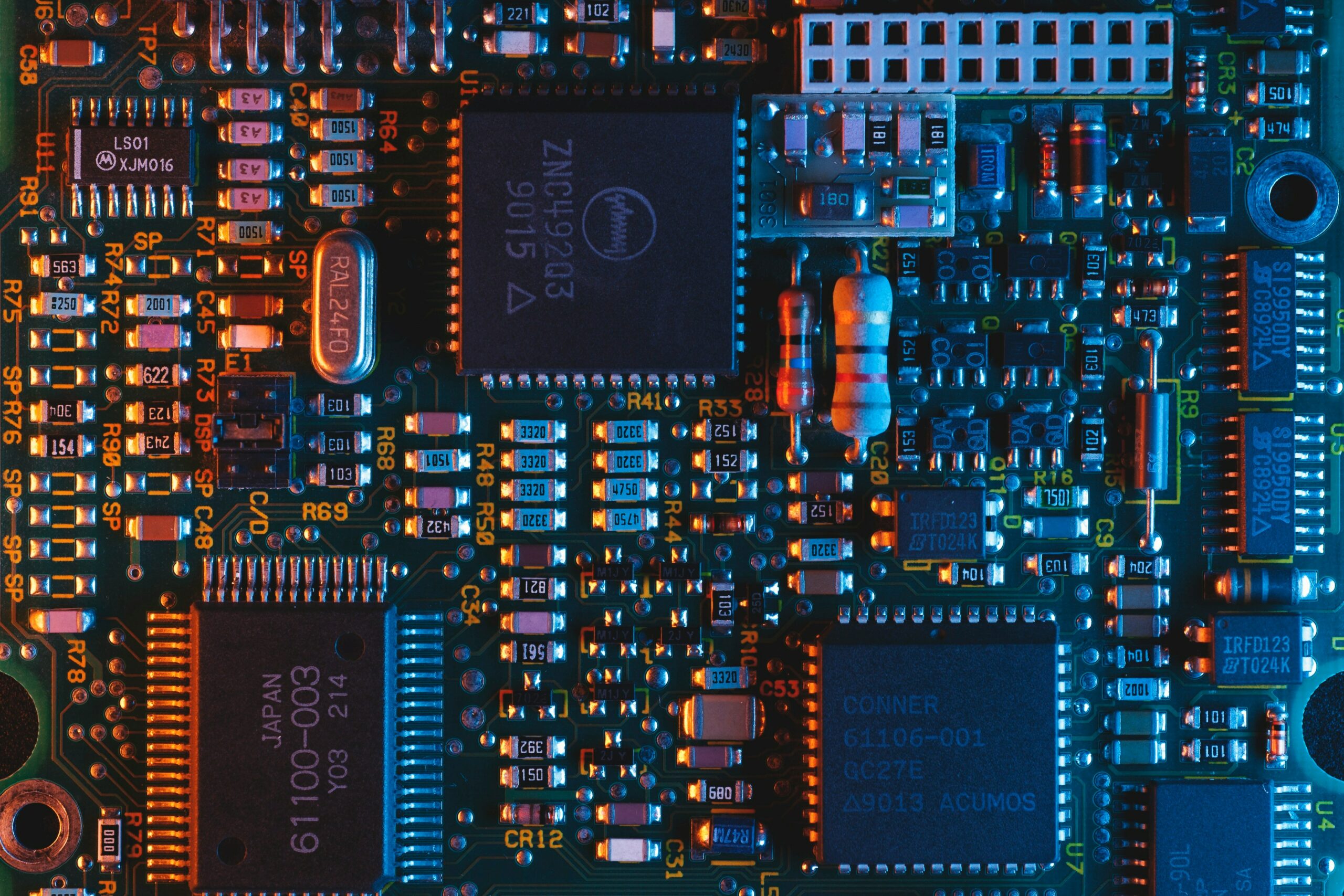Introduction
Quantum computing is often heralded as one of the brightest “rising stars” of cutting edge technology. Numerous technology reviews, blog posts, and videos have called it “ground breaking” and “revolutionary” for years, if not at least the last decade. This quantum hype, as the excitement surrounding quantum computing is called, is ever-present.
See also: Future of Quantum Computing: Unlocking the Possibilities
While there is plenty of merit to the claims of significant computational power, the prospects for quantum computing must be taken with a grain of salt, as there are still significant hurdles that are often understated in pop culture.
What is Quantum Hype?
The hype accelerated rapidly half a decade ago, partially spurred on by Google’s claims of quantum supremacy in 2019. Even now, quantum computing continues to occasionally grab national and international headlines. Within even more niche areas – from the tech industry to academia – quantum computing remains a constant presence in discussions of future technology.
Evidence of this excitement permeates almost every aspect of the technological world. The Big Five of the tech companies have put significant investments into quantum computing research – with Alphabet, Amazon, and Microsoft among some of the largest industry players.
On the other hand, in the academic world, the implications for an alternative computational power have left plenty of enthusiastic researchers in its wake. From solving climate change and changing the basis of weather forecasting, to overtaking classical computers in performing key calculations for the pharmaceutical industry, the potential for quantum is clear.
Quantum hype describes how “quantum computing” has arisen as a buzzword, much like how anything with “AI” has turned into a phenom.
Enter: Quantum Realism
As with any new technology, however, plenty of researchers caution that we should pump the breaks. Indeed, some claim, quantum computing is still at least several years out from commercialization. This is because the struggle of quantum computers currently lies not in the theory of what they can do, but rather how implementations of this theory will be achieved.
On existing quantum hardware, computers are only capable of performing at most a few hundred quantum operations before the error rate exceeds what is acceptable. Given the complexity of modern problems, this is far from a capacity that is needed to implement a number of quantum algorithms.
This limited capacity is the result of error-prone quantum bits. Due to the sensitivity of current quantum bits to environmental variables, institutions have focused on either identifying ways to correct and mitigate error or build more stable quantum bits.
Just a few weeks ago quantum error technology company Riverlane released it’s 2024 Quantum Error Correction Roadmap. Within it, they estimate that by 2026, they will be able to run one million error-free quantum operations. And while the estimate may seem conservative, it illustrates the broader state of quantum computing’s development.
That is, a functional quantum computer is still far out, but the groundwork has been laid, and scaling up these capacities within a reasonable manner is within sight. In other words? The capacity of quantum computing is nowhere near the revolutionizing, encryption-breaking form pop culture sites frame it as – yet.
Conclusion
All in all, while quantum computing is heralded as a revolutionary technology, there is still some ways to go before RSA-breaking quantum computers or climate change-solving hardware is constructed. However, the theory on which it is founded is certainly present, and the path forwards towards such a future has been laid. As such, educational investment into building a quantum workforce with the necessary capabilities to continue such a timeline over the next decade at the very least is valuable. Who knows what the future may hold?







